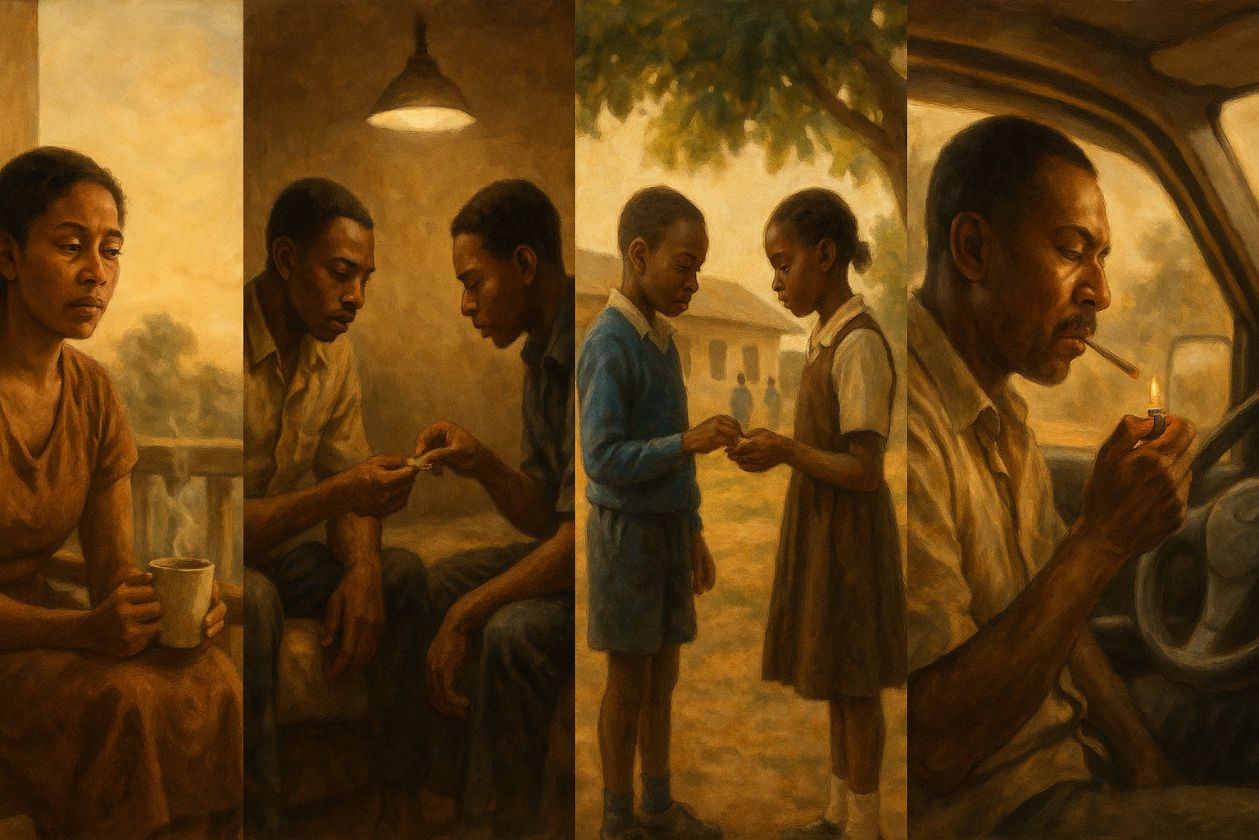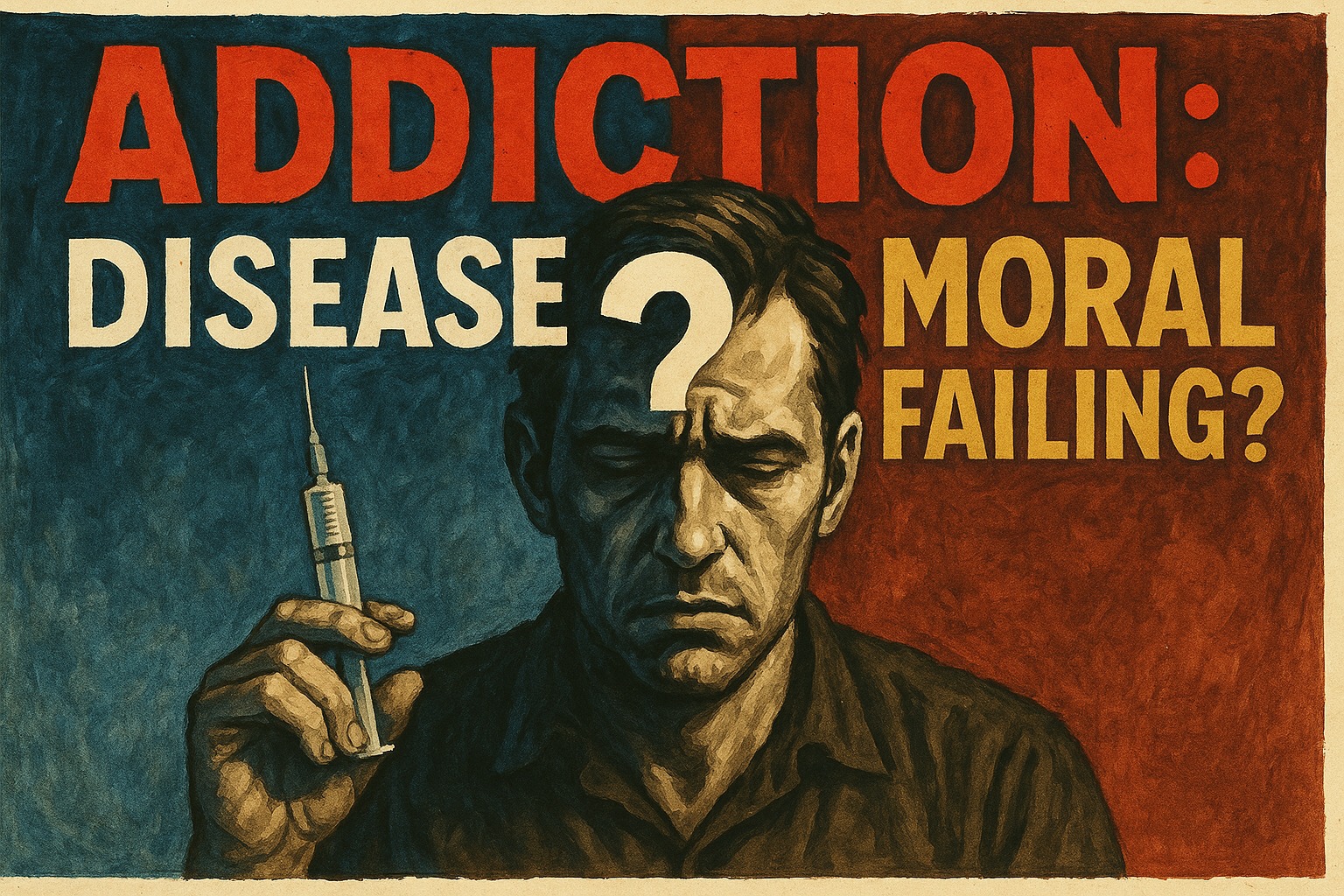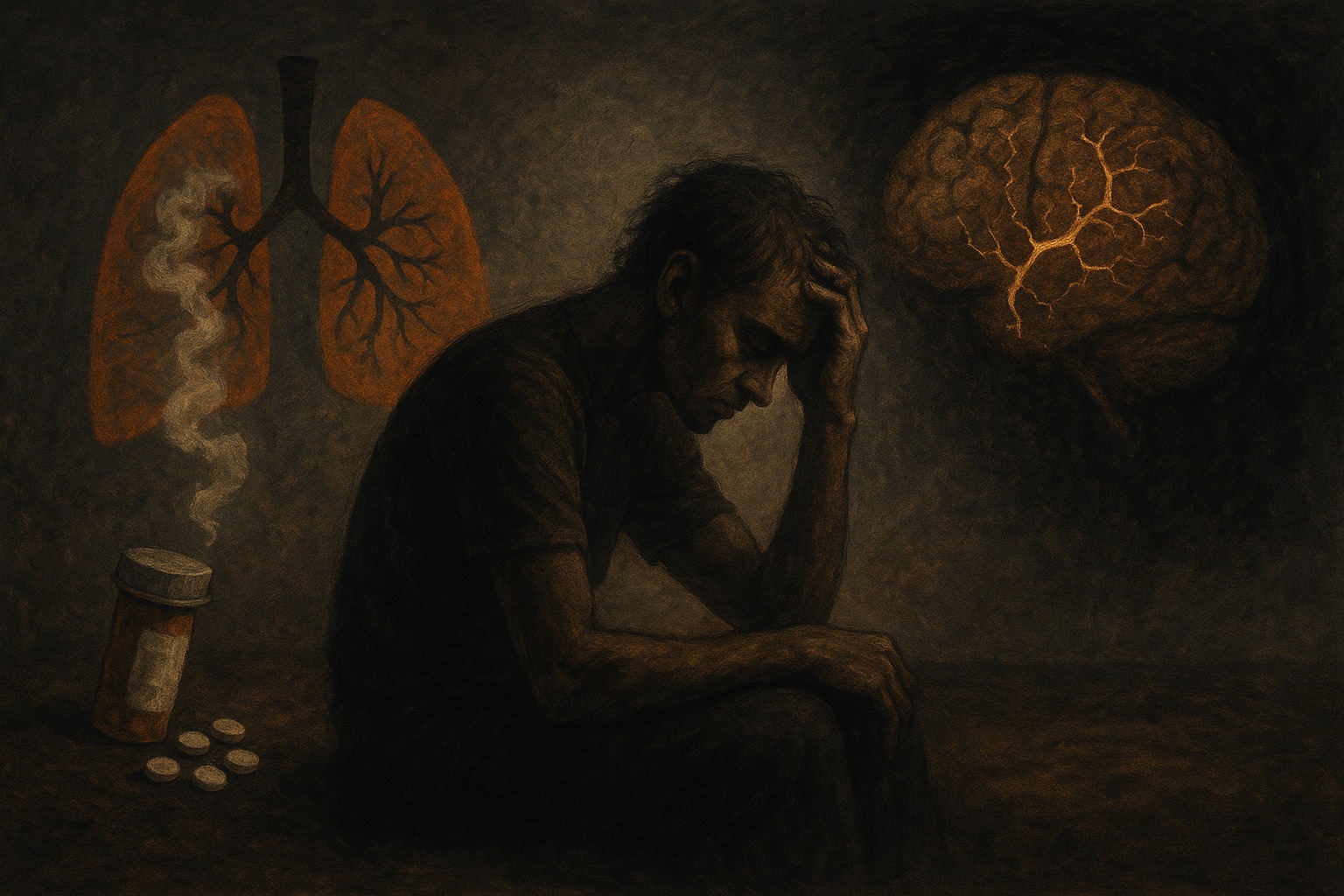In Kenya today, an estimated 4.73 million of our sisters, brothers and neighbours are using at least one psychoactive substance—and that number is more than just a statistic. It represents mothers and fathers, schoolchildren and taxi drivers, living in both our citis and Ushagos. From glue in Mathare to miraa in Meru, and prescription drugs misused in Mombasa, substance use is a challenge we all share—and one we can tackle together.
No one wakes up thinking, “Today I’ll become addicted.” Often, the path starts innocently with stress or pain relief: a young mum in Karen may reach for alcohol after a long day juggling rent, bills and a newborn. In college hostels around Juja, a first puff of “ngwayi” hit can mean fitting in, while unresolved grief or mental health struggles make psychoactive substances feel like a quick fix. Other factors—unemployment, a tense home environment, or easy access to cheap drugs—add fuel to the fire. When tolerance builds up, people chase that first “high,” and before long, occasional use becomes a daily need.
Behind each number is a family hurt by stigma, a community under strain, and a nation holding the bill. Our health systems become stretched treating overdoses and related illnesses, and desperation for the next fix can lead to rising violence or theft. Impaired judgement or sharing needles increases the risk of HIV and other infections. Yet too often, shame keeps people suffering in silence—afraid to ask for help.
Kenya’s government took a major step by establishing NACADA (the National Authority for the Campaign Against Alcohol and Drug Abuse). NACADA’s public education campaigns, policy advocacy and community outreach lay an important foundation, but real change happens closest to home—in families, schools, faith groups and local communities.
Parents, aunts and uncles have more influence over a child’s choices than anyone else. When you set clear, loving boundaries—telling your teenager “We don’t use drugs in this house”—you’re sending a message of care and protection. Making time for honest conversations, asking how your child is really feeling and listening without judgment helps them feel seen and supported. Modeling healthy coping—swapping that second glass of wine for an evening jog or a walk with friends—shows that stress can be managed without substances.
Schools and youth clubs can become safe havens or open doors to temptation. Simple life-skills workshops, where students role-play refusing peer offers, build confidence to say “no.” After-school activities—whether it’s football in Kibera, drama clubs in Kiambu or Scouts in Nyeri—keep young minds busy and foster a sense of belonging. Early counselling and referrals for anyone showing signs of trouble can stop harmful habits before they take hold.
In many of our churches, mosques and community halls, people quietly battle addiction alone. Faith leaders who acknowledge this struggle rather than preaching from ivory towers create space for healing. Offering support groups where testimonies replace stigma reminds us that none of us is beyond help. Engaging youth through vibrant choirs, sports leagues or community service projects gives them purpose, connection and the strength to resist peer pressure.
Across the country, I’ve met former substance users who are now mentors in their communities, shopkeepers who opened small businesses after rehab, and teachers in Kisii who run free morning support groups for recovering parents. These stories remind us that recovery is real, resilience is human, and hope is stronger than stigma.
Addiction doesn’t have to define a life—or a nation. Let’s stand together to listen without judgment, offer help without shame, and build a Kenya free from the chains of substance misuse. Every conversation, every act of understanding brings us one step closer to a healthier, happier nation—where making good choices is not only possible but also celebrated.




